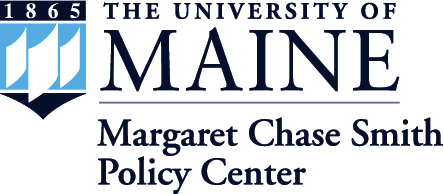Abstract
The problem of workforce development in Maine has become acute. An important factor for understanding the issue of workforce development, in Maine and nationally, is rising economic inequality. High inequality impedes the working of labor markets, and over time, reduces opportunity and mobility. In Maine, as elsewhere, income gaps have widened between rich and poor while the middle class has been shrinking. Moreover, the gap between high-income and low-income counties has been growing. Meantime, many good-paying jobs are going unfilled. Comprehensive institutional solutions can help overcome these problems by matching supply and demand in the labor market, but they are not simple or cheap. Three such arrangements are described: apprenticeships; specialized wraparound programs focusing on disadvantaged or marginalized individuals; and college-and-career readiness programs aimed at secondary-level students. These solutions require effective intermediary organizations that foster sustained trust and cooperation among business, education, government, and the civic sector.
First page
19
Last page
28
Rights and Access Note
This Item is protected by copyright and/or related rights. You are free to use this Item in any way that is permitted by the copyright and related rights legislation that applies to your use. In addition, no permission is required from the rights-holder(s) for non-commercial uses. For other uses you need to obtain permission from the rights-holder(s).
DOI
https://doi.org/10.53558/HWKM5195
Recommended Citation
Remington, Thomas. "Institutional Challenges to Workforce Development in Maine." Maine Policy Review 29.1 (2020) : 19 -28, https://digitalcommons.library.umaine.edu/mpr/vol29/iss1/4.

